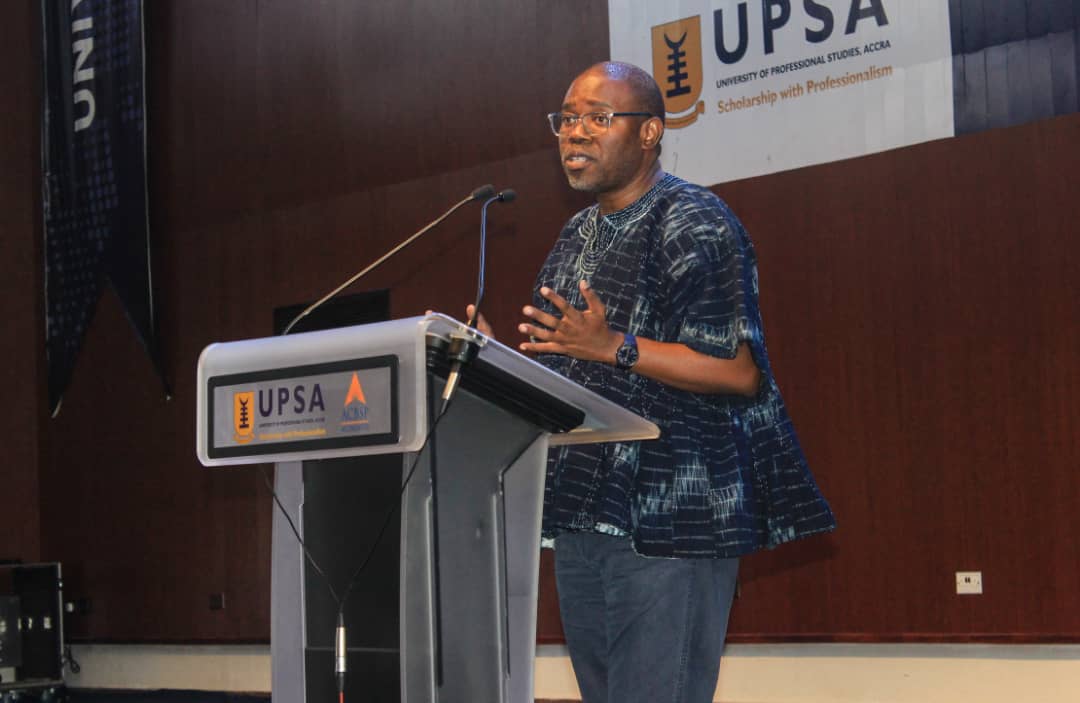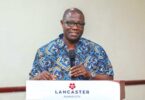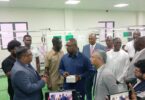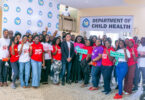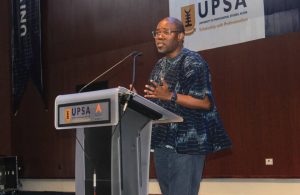
Prof. Letlhokwa Mpedi
Report by: Ben LARYEA
The Vice-Chancellor of the University of Johannesburg, South Africa, Professor Letlhokwa George Mpedi has stated that there have been remarkable progress in the field of reproductive technologies in Africa and the world at large.
He said the technologies include medical procedures used primarily to address infertility and hinted that the global assisted reproductive technology market size was valued at $28.2 billion in 2021 and is expected to reach $ 42.5 billion by 2030 based on research reported by Spherical Insights and Consulting.
The Vice-Chancellor explained that research has suggested that the constant and rapidly changing lifestyle is fundamentally impacting fertility, adding that these have emerged as a medico-socio-cultural problem.
Prof Letlhokwa Mpedi was speaking at a public lecture on the topic “Artificial Reproductive Technology: Ethical and Legal Considerations Through An African Prism” which was organized by the University of Professional Studies, Accra (UPSA) under the auspices of the Office of the Vice-Chancellor in Accra.
He said the African Continent has a higher prevalence of STIs and postpartum and post-abortion infections which contributes to both male and female infertility and as such it has been impacted by epidemiological barriers since there is a lack of data informing the burden of infertility on the need for reproductive technologies and even access.
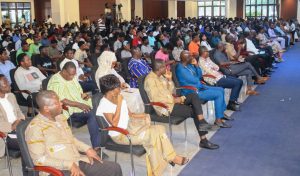
Group section of participants
According to him, there are challenges in the cultural, religious, and societal perception of both infertility and its treatment which are pervasive in many parts of Africa which he outlined as a result of limited knowledge of the public, patients as well as healthcare providers.
To throw more light on the issues, he made mention of three specific examples namely artificial wombs, gene editing, and embryo donation or adoption.
On artificial wombs, he said these are devices that can grow a fetus outside the body of an organism to term as the technology is currently focused on transferring an organism from a subject into the artificial womb.
Concerning gene editing, the technology or the framework allows for the alteration of DNA through removal, insertion, or replacement in the human genome with the potential to combat genetic disease or optimize health and pointed out that gene editing can treat sickle cell disease effectively.
“Embryo donation or adoption requires the legal adoption of embryos that have been donated and frozen by families who have undergone Invitro Fertilization (IVF)”, he said and explained that it is a technique in which an egg is removed from the ovaries of women and fertilized with sperm in a laboratory.
“In the context of Africa, these advancements offer hope and possibility and must be carefully considered”, he said.
For his part, the Vice-Chancellor of UPSA, Prof Abednego F. O. Amartey urged management, staff, and students to take lessons from the lecture saying it will help them advance and shape their future through knowledge sharing.
In another development, the occasion was also used to launch his book titled, “Ghana’s Labour Laws” which catalogs in-depth research and write-ups on labor-related issues of the country.
Source: www.thenewindependentonline.com


